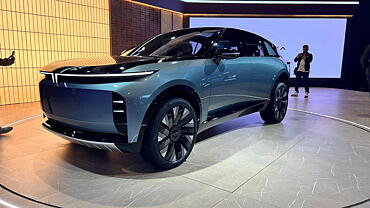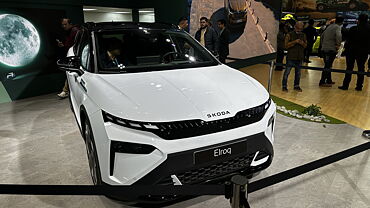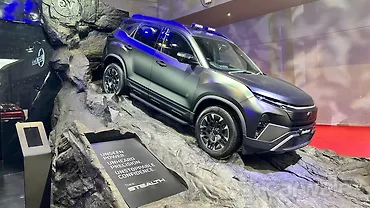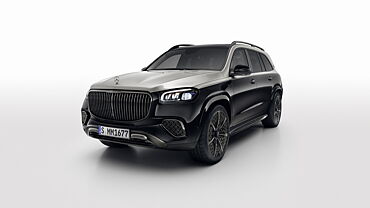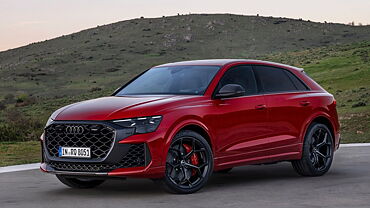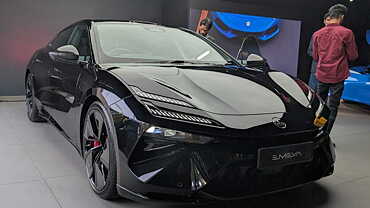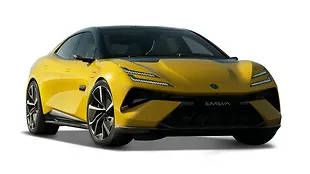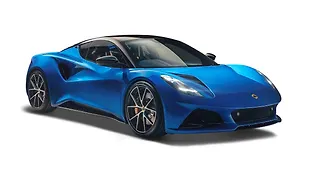
- The Team AVERERA from IIT-BHU achieved 362.5km/kWh in the Battery Electric Prototype category.
- Team DTU Supermileage from Delhi Technical University clocked 154kmpl in the IC engine Urban Concept category.

Shell Make the Future India festival came to a successful end with teams from Varanasi, Delhi and Vellore emerging victorious in the Eco-marathon competition. Achieving an astounding range of 362.5km/kWh in the Prototype Battery Electric Category, Team AVERERA from IIT Banaras Hindu University took home a prize money of Rs 20 lakhs. Their vehicle had a carbon-fibre monocoque helping them save weight in the frame assembly. Weighing just 40kilograms, the vehicle was powered by a 500Wh lithium-ion battery. In the Internal Combustion Engine (ICE) Urban Concept category, Team DTU Supermileage clocked an impressive mileage of 154kmpl. And Team Eco Titans representing VIT University was named victorious in the ICE Prototype category after achieving a run of 129.2kmpl.

The Shell Eco-marathon was a first of its kind event held in India. Started in the 1930s as a competition between two Shell scientists, the Eco-marathon has now extended across Europe and Asian countries. In Eco-marathon, students from engineering colleges come together to develop vehicles which can go the furthest while utilising the least amount of fuel. Held for the first time on Indian soil, the competition took place in the short loop of the MMRT race track in Chennai. There were a total of 20 teams across two categories - Urban Concept and Prototype. The energy type was either battery, electric or gasoline. But one team used an ethanol fuel vehicle. Of the 20 teams, Team Khanjar of Caledonian College of Engineering was from Oman.

Apart from the on-track awards, teams were also presented with off-track awards for their technical innovation, design, safety and perseverance. Team AVERERA bagged the ‘Safety Award’ for displaying exceptional safety practices in their garage by maintaining a very orderly work environment, free from avoidable hazards. The team also carried out a travel risk assessment.

The ‘Jugaad Award’ (Technical Innovation) was given to Team Methodos from Government Engineering College, Barton Hill. They made use of bamboo for the body which not only met performance requirements but also consumes less energy during its lifecycle. And finally, Team AVERERA took home another award for its communication approach which included creating awareness and support for their team for Shell Eco-marathon India.


